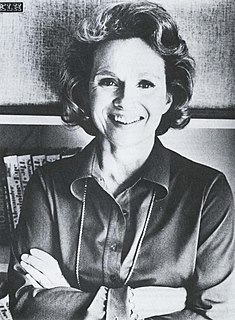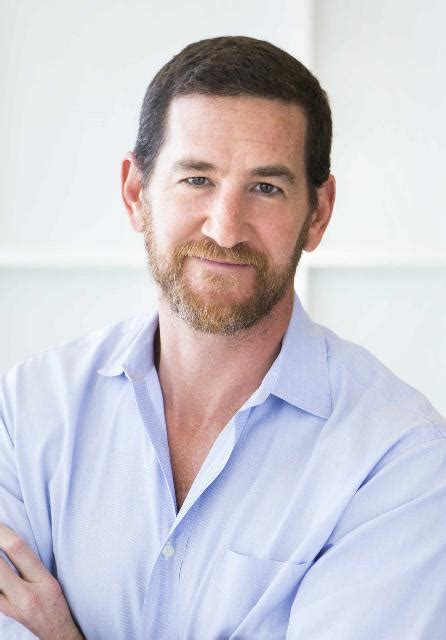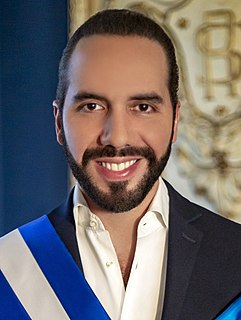A Quote by Isabel Wilkerson
Well, I'm a daughter of the great migration as, really, the majority of African Americans that you meet in the north and west are products of the great migration. It's that massive. Many of us owe our very existence to the fact that people migrated.
Related Quotes
At the beginning of the 20th century, before the migration began, 90 percent of all African-Americans were living in the South. By the end of the Great Migration, nearly half of them were living outside the South in the great cities of the North and West. So when this migration began, you had a really small number of people who were living in the North and they were surviving as porters or domestics or preachers - some had risen to levels of professional jobs - but they were, in some ways, protected because they were so small.
I think a lot about race and the burdens of representation. There's an idea that because I'm writing a book set around the time of the Great Migration, and happen to be black, I'm trying to write a definitive account of the Great Migration, the so-called "black experience." That's not what I'm doing, and it can be frustrating.
Isabel Wilkerson's The Warmth of Other Suns is an American masterpiece, a stupendous literary success that channels the social sciences as iconic biography in order to tell a vast story of a people's reinvention of itself and of a nation-the first complete history of the Great Black Migration from start to finish, north, east, west.
Not a physical migration, but a cultural, psychological, philosophical migration back to Africa, which means the restoring our common bond will give us the spiritual strength and the incentive to strengthen our political and social and economic position right here in America, and to fight for the things that are ours by right here on this continent.
I mean my mother migrated from Georgia -Rome, Georgia, to Washington, D.C., where she then met my father, who was a Tuskegee Airman who was from Southern Virginia. They migrated to Washington and I wouldn't even exist if it were not for that migration. And I brought her back to Georgia, both my parents, actually.




























